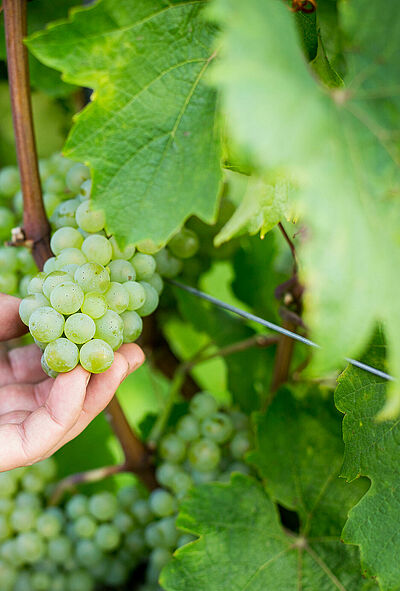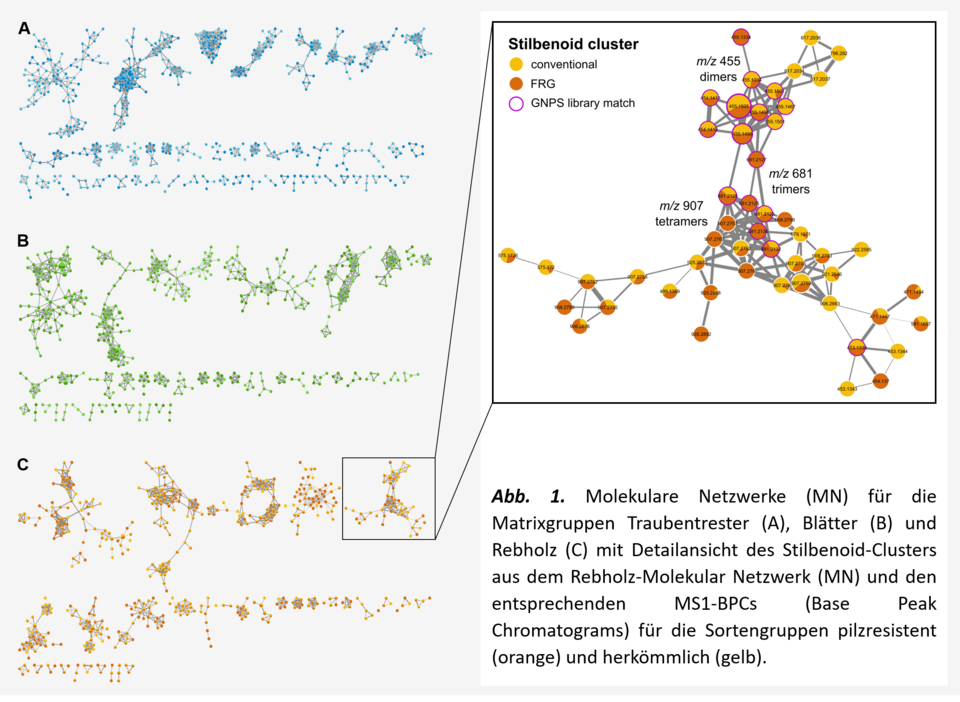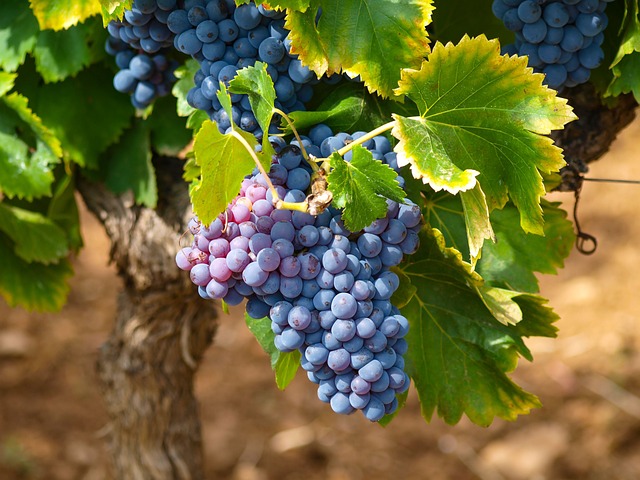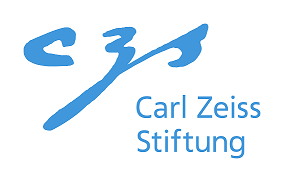This project aims to isolate and characterize the antimicrobial natural substances from by-products of wine production and thus make a contribution to natural substance research and the valorization of wine by-products in equal measure. To this end, samples of the wine by-products are extracted and analyzed for their antimicrobial effect using a plate diffusion test. Molecular networking, a method based on mass spectrometry, is used to identify the active ingredients. This is used to visualize and evaluate similarities and differences in the chemical profile of the samples in order to be able to assign the bioactivity to a substance or group of substances. The bioactive natural substances will then be purified and chemically and biologically characterized. When selecting the raw materials, the focus is on sustainable fungus-resistant grape varieties (= PiWi grape varieties). These offer advantages with regard to the reduced use of pesticides in viticulture and possibly with regard to an improved spectrum of natural substances due to symbiotic microorganisms. Initial results show that the method offers new insights into the chemical properties and resistance mechanisms of PIWI grape varieties.
Background and project objective
Wine and plant components of the vine Vitis vinifera have been used in medicine since ancient times. Today, many of the valuable ingredients such as flavonoids, other polyphenols and terpenoids are known, but by no means all of them. In recent studies, products such as leaf, seed and grape skin extracts have been shown to have potent antimicrobial properties against bacteria and fungi, but there is often a lack of knowledge as to which ingredients are actually responsible for the effect. Yet it is precisely these ingredients, also known as natural substances, that are an ideal starting point for the development of new medicines. They are evolutionarily designed to penetrate cell walls and interact with biological macromolecules.
Contact person
Contact us now!
Manuel Blank

Thomas Roos

Prof. Dr. Lena Keller




